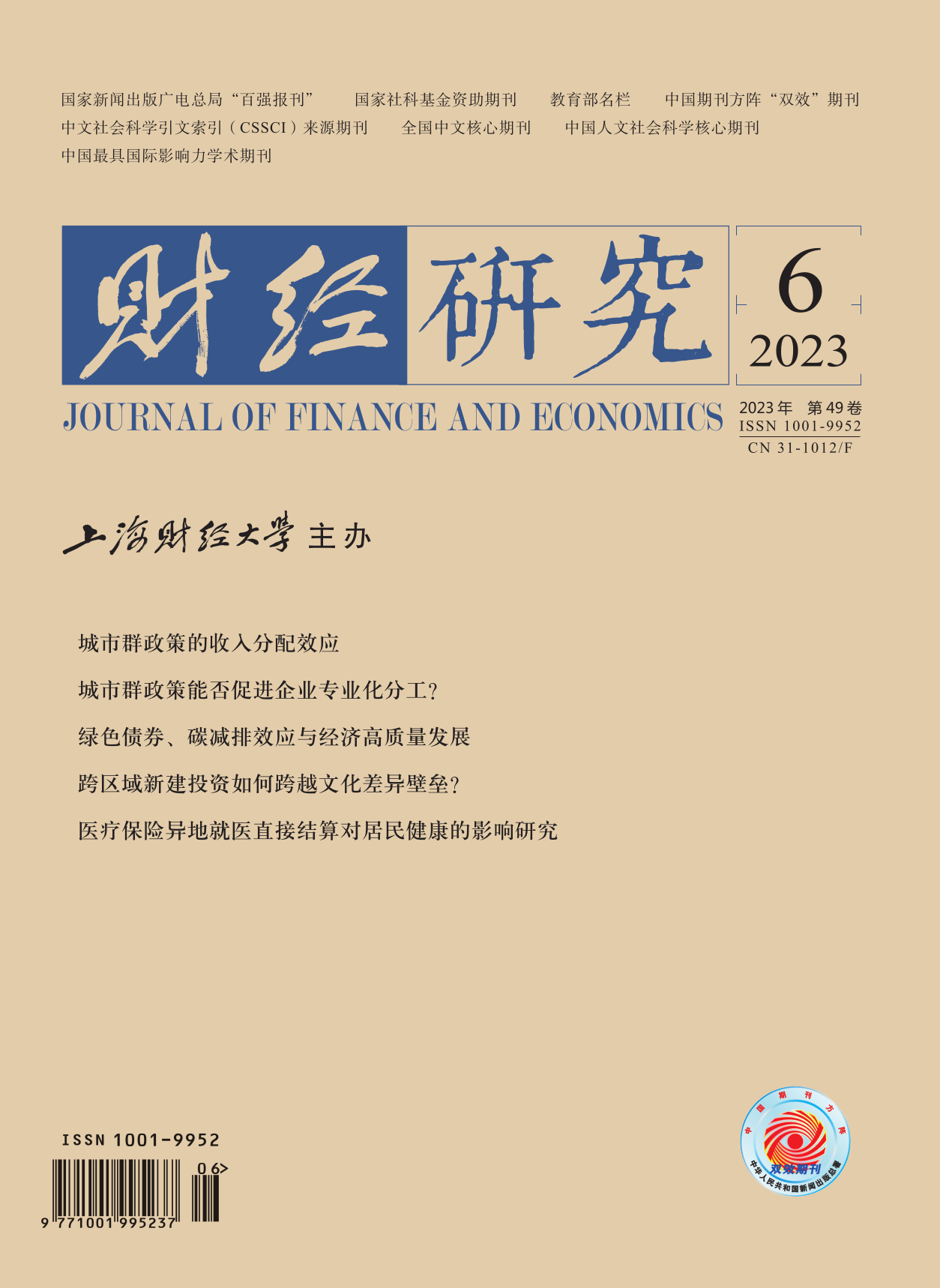The acceleration of the new round of technological revolution, marked by digitalization and intelligence, has had certain impacts on the division of labor, factor allocation and income distribution patterns in society. How to promote the digital transformation of enterprises and optimize income distribution patterns in a concerted manner is a core issue of concern to policy-makers and academics in the 14th Five-Year Plan and beyond. In the face of the impact of the new generation of digital technologies, how should enterprises promote digital transformation? How will labor allocation be adjusted? What is the impact on the share of labor income?
To answer these questions, this paper measures the level of enterprise digitalization by text analysis which is based on the data from A-share listed companies in China, and explores the impact of digital transformation on labor income share. The study finds that: Corporate digital transformation significantly improves labor income share, and the improvement is mainly in the form of an increase in average wages, but not a significant increase in labor productivity. The mechanism analysis shows that the complementary effect between digital transformation and labor dominates, with digitalization contributing to a higher labor income share mainly through the labor allocation efficiency channel. Further research finds significant heterogeneity in the impact of digital transformation on labor income share, with a more pronounced effect in the manufacturing industry and industries with high bargaining power, low information transparency and high technology content. In addition, digital transformation enhances employee and executive salaries without significantly widening the internal pay gap, and there is also an innovation incentive effect. This paper provides a new perspective for the study of common prosperity in the context of digital economy, and provides a policy reference for further accelerating digital transformation and deepening the reform of income distribution system.
The marginal contributions of this paper are that: First, it systematically examines the impact of digital transformation on labor income share and its mechanism based on both equity and efficiency perspectives, opening up ideas for exploring how to release the digital dividend and deepen the reform of the income distribution system in the context of digital economy. Second, it effectively identifies the causal relationship between digital transformation and labor income share, providing a useful reference for subsequent studies on digital economy and its economic effect. Third, it examines the “polarization” of the employment structure in China at the stage of digital transformation, with important policy implications for the promotion of the sustainable and healthy development of digital economy and the solid promotion of common prosperity.





 10626
10626  9083
9083

